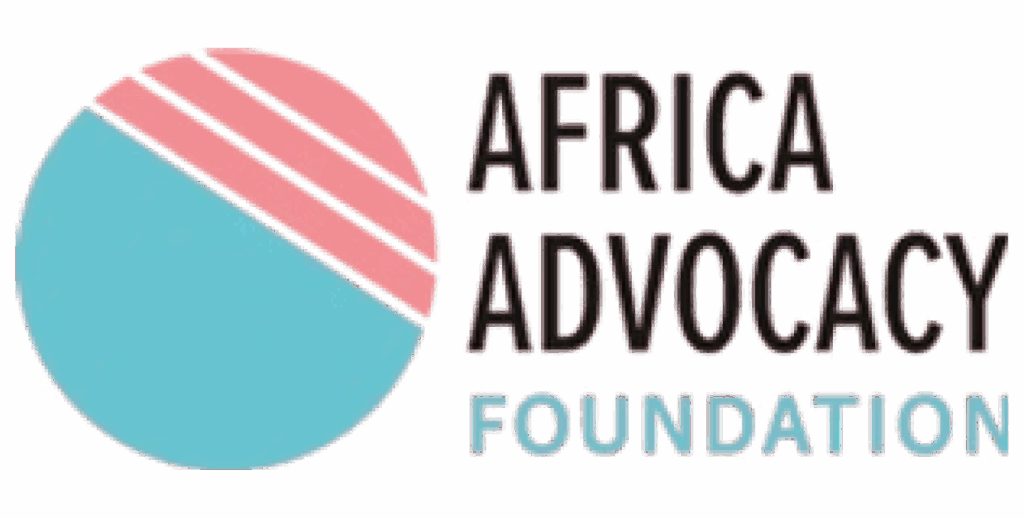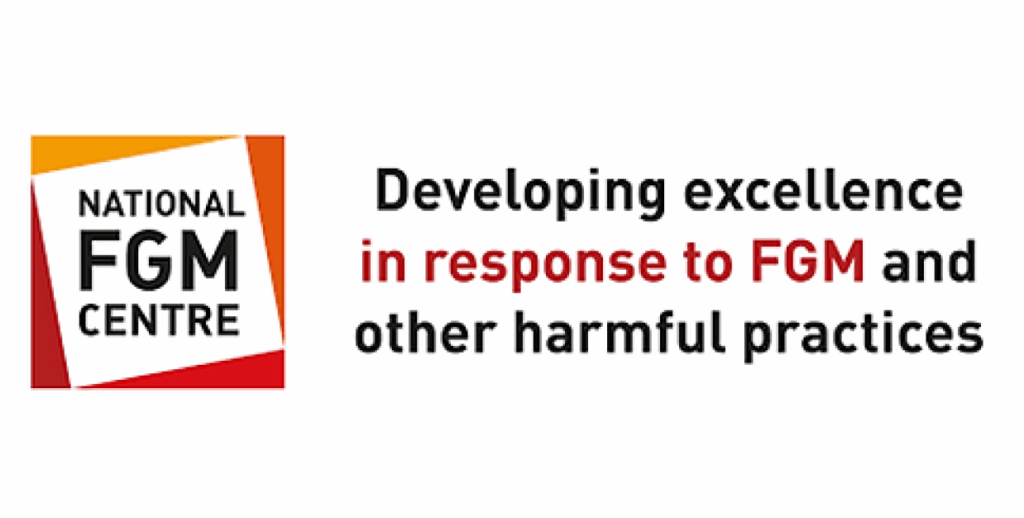Female Genital Mutilation
Female Genital Mutilation (FGM) is a form of violence against women and girls and it is considered child abuse and is illegal. It comprises of all procedures involving partial or total removal of the external female genitalia for non-medical reasons. It may be carried out at any time in a girl’s life, from baby to womanhood, but the most common age for those FGM cases where the age is known is 5 to 9 years old. FGM can be seen as a pathway to womanhood and can also be a condition of marriage. Some communities believe that if a girl has not had it done she is deemed unhealthy, unclean, or unworthy. Parents can have very strong beliefs, genuinely thinking they are doing the right thing for their daughter, and in communities where all females have the procedure it can seem normal, then making it very difficult for girls to challenge this tradition.
In November 2020, the LSCP completed a multi-agency audit of six cases of girls and young women who were referred for support in relation to FGM. Read the report here.

The Law

Your duty to report
Possible signs someone...
May be at risk of FGM
- knowing both that the family of a girl belongs to a community in which FGM is practised and is making preparations for the child to take a holiday, arranging vaccinations or planning absence from school
- a child may also talk about being taken “home” for a special visit to become a woman or a special procedure/ceremony that is going to take place
- a child may say an older female relative is coming especially to see her
Might have undergone FGM
- prolonged absence from school or other activities with noticeable behaviour change on return. They may become withdrawn and possibly with bladder or menstrual problems
- find it difficult to stand or sit still and look uncomfortable, or may complain about pain between their legs
- talk of something somebody did to them that they are not allowed to talk about
- spend longer in the toilet than usual; because of bleeding and/or infection.
- have frequent vaginal, urinal, or pelvic infections
- have blood born infections, including Hepatitis B & C, and HIV
- be reluctant to undergo any medical examinations
- may ask for help, but not be explicit about the problem due to fear or embarrassment
Support & Resources

In an emergency

Make a Safeguarding Referral

Specialist Local Support

National & Lambeth Guidance

Local Support

FGM Resource Pack

FGM Passport

FGM Schools' Guidance

